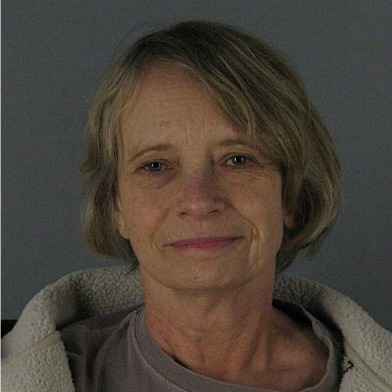 A retrial began in federal court today in the case of Deborah Madden, a former San Francisco police crime laboratory technician accused of taking small amounts of cocaine from the facility.
A retrial began in federal court today in the case of Deborah Madden, a former San Francisco police crime laboratory technician accused of taking small amounts of cocaine from the facility.
Madden’s first trial in the court of U.S. District Judge Susan Illston in San Francisco ended in a mistrial in October when jurors could not agree on a verdict on the federal charge of obtaining a controlled drug by means of fraud, deception or subterfuge.
Madden, a 29-year civilian employee of the laboratory, admitted in a police interview in 2010 that she took trace amounts of cocaine, but said she took only what was spilled during weighing.
In the federal case, her defense lawyers contend there is no proof of the deception needed for conviction under the U.S. law.
The law is sometimes used to prosecute doctors or pharmacists who fraudulently obtain prescription drugs not needed by their patients.
Madden’s actions contributed to the Police Department’s closure of the lab’s narcotics analysis unit in 2010 and the San Francisco district attorney’s dismissal of hundreds of criminal cases that depended on evidence from the lab.
The retrial is expected to last about four days.
Prosecutors this morning called a key witness, Tasha Smith, a criminalist who worked with Madden in the small laboratory, located in offices at the former Hunters Point Naval Shipyard.
Smith testified that she became suspicious on the morning of Nov. 24, 2009, when she discovered that someone had entered her locked evidence storage locker and disturbed envelopes containing drugs.
She said Madden initially denied entering the locker, but then said she may have done so to retrieve a laboratory report. Smith testified, however, that the laboratory reports were readily available elsewhere in an unlocked area of the unit.
Smith said that the next morning, she saw that a lockbox containing evidence locker keys had been left open.
At that point, she said, “I no longer trusted that Debbie would not go into my locker.”
Madden went on leave from her job and entered an alcohol and drug rehabilitation program in December 2009. She retired permanently in March 2010.
U.S. prosecutors stepped into the laboratory case and obtained a grand jury indictment under the federal law in 2011 after the California attorney general’s office announced it would not file state charges because of insufficient evidence.
Julia Cheever, Bay City News
Want more news, sent to your inbox every day? Then how about subscribing to our email newsletter? Here’s why we think you should. Come on, give it a try.









